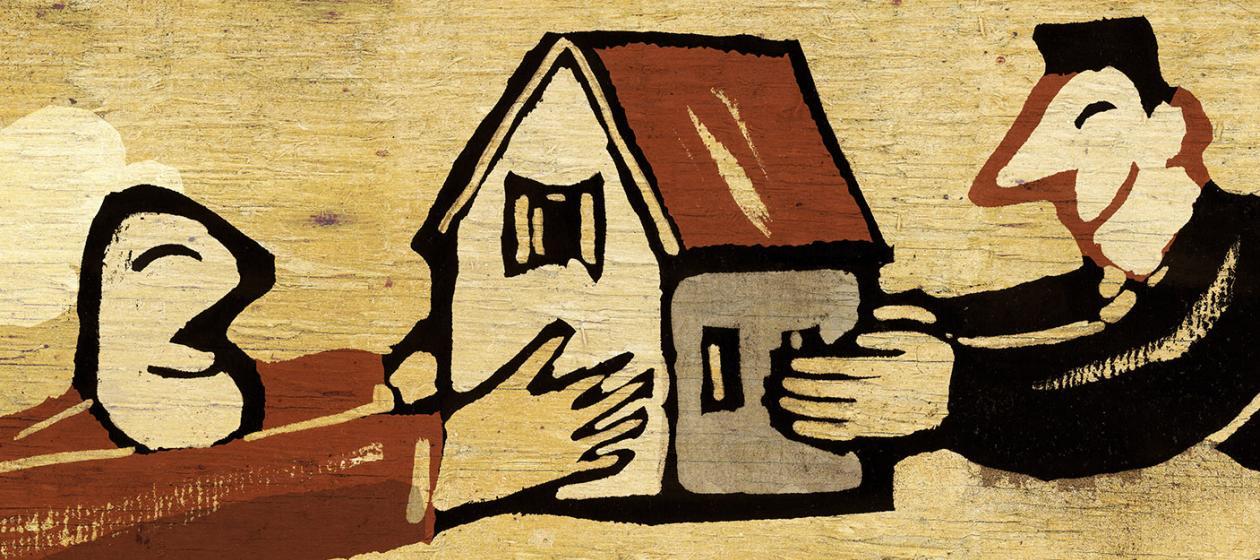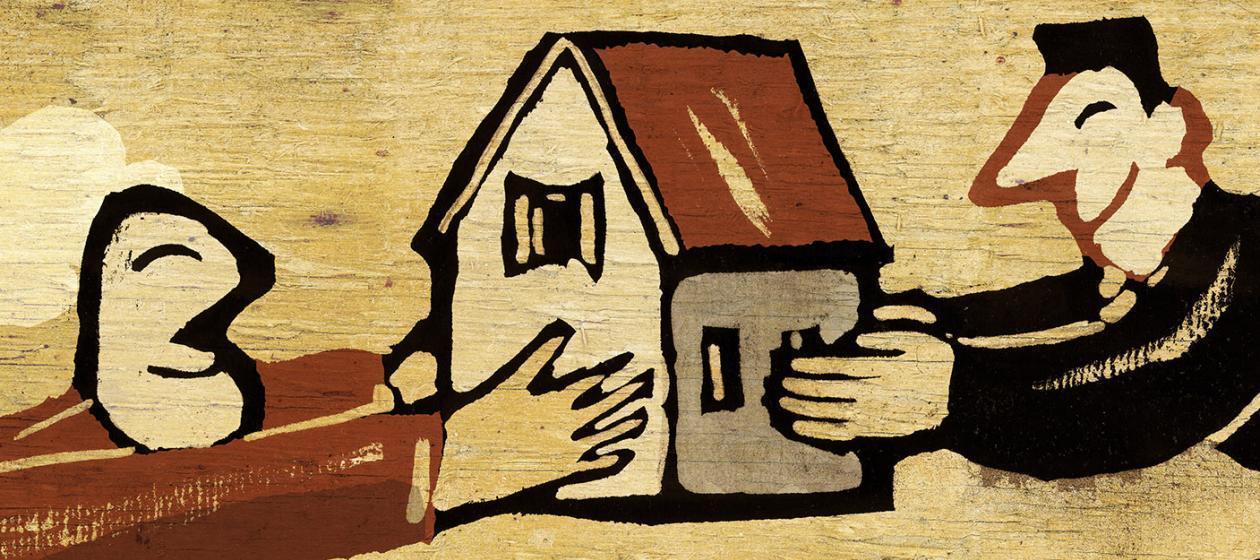
Jeff Spross (@jeffspross) of The Week wrote a story about the downfall and uprising of trust within the community, saying one of the more depressing social trends is that, since the 1970s, fewer and fewer Americans have told surveyors that "most people can be trusted.” It's interesting to note that trust appears to be a primary glue holding the collaborative economy together.
“According to a survey of U.S. consumers by PricewaterhouseCoopers (PwC), 89 percent of those familiar with the sharing economy agreed it was based on trust between providers and users. Sixty-three percent thought the sharing economy was more fun, and 73 percent agreed it builds stronger communities.”
PricewaterhouseCoopers (PwC) notes these statistics:
-
89% of those familiar with the sharing economy agreed it was based on trust between providers and users.
-
63% thought the sharing economy was more fun.
-
73% agreed it builds stronger communities.
There has been widespread panic about the collaborative economy, and the kind of effects it will have, not only fiscally, but socially as well. Society today is in the habit of staring down at their phones, missing out on interpersonal connections. Could it be that this trend will intensify with this job market? Possibly, but it also gives us a huge opportunity to connect with our communities, share ideas and build relationships. It’s all about how you look at things. Ultimately, if someone doesn’t want to interact with society they won’t, but for all those who are craving those connections -- the door is wide open.
Read the source article at Sniply



